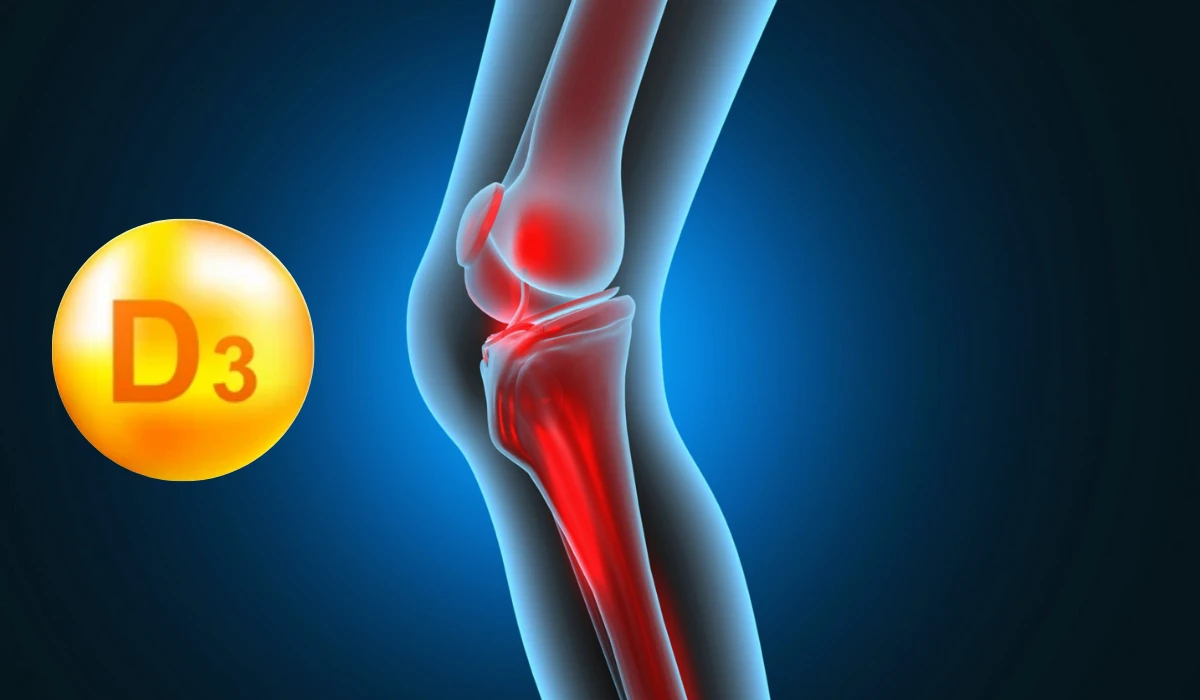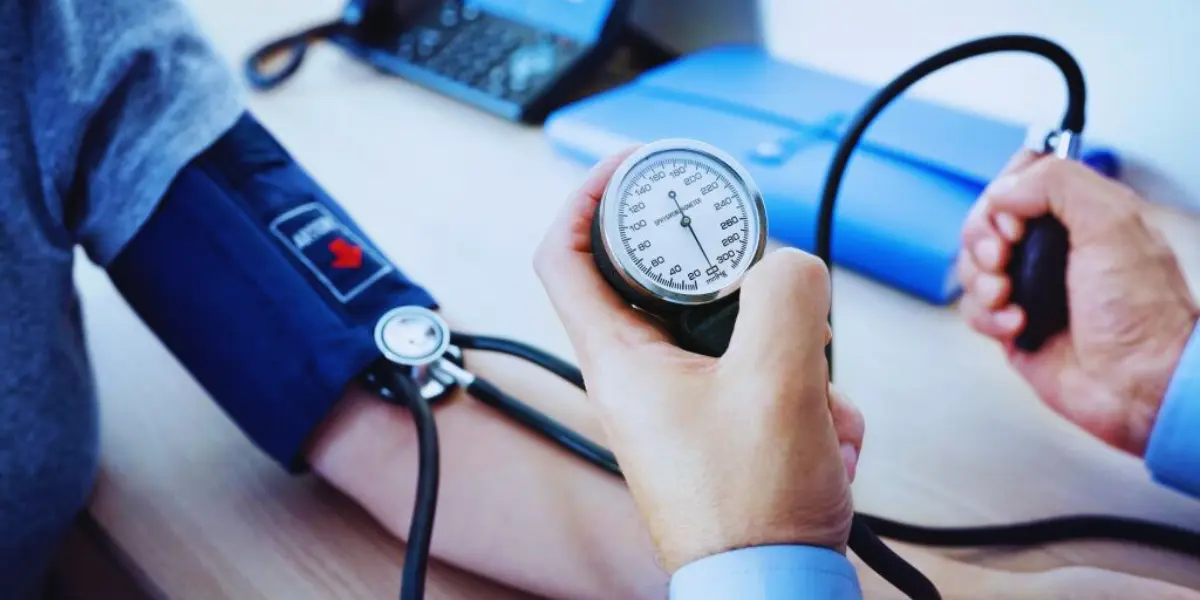Even though Vitamin D3 is a micronutrient required by the human body, it is quite vital, and the deficiency of the same can also cause issues in the smooth functioning of physiological activities.
Cholecalciferol is the technical name of this particular micronutrient required by the body. It is primarily required for the absorption of calcium through the food and drink items that we consume daily.
If you can consume food items such as fatty fish, beef liver, eggs, cheese, etc., it is less likely that you will develop a deficiency of vitamin D3. In this article, we will be discussing everything you need to know about this nutrient, including its major benefits, popular sources, medical conditions caused by its deficiency, and the risk factors associated with its deficiency.
This would help you curate your diet in a manner that supplies you with an adequate amount of vitamin D3 on a daily basis. It would also help you identify the deficiency and seek medical help without causing a delay.
Benefits Of Vitamin D3 For Adults: Both Men And Women

1. Bone Health
Bone health is one of the major advantages of supplying your body with the required quantity of vitamin D3. This nutrient would help in making the absorption of calcium more effective, which in turn positively contributes to the bone health and bone growth of the individual. If the person has not yet become an adult. He or she may need this nutrient in major portions to facilitate bone growth.
If you do not have a bone deficiency, the chances for you to have an effective recovery after meeting with a bone injury are higher when compared with those with a deficiency.
The kids are not provided with the required amount of vitamin D3 through sun exposure and dietary choices. Their overall growth can be significantly delayed, making them appear shorter and smaller than their actual biological age.
2. Immune system support
Vitamin D3 also benefits the immune system, allowing our bodies to be better equipped to combat illnesses. This is particularly vital for things such as colds and other infections.
3. Mood Regulation
There is still a lot to understand about this. However, some studies indicate that sufficient stores of vitamin D3 may put the brakes on our mood and lessen our chances of feeling low.
4. Cardiovascular Health
Such studies are now examining how vitamin D3 may be related to heart health. Though we don’t yet know how it does this, adequate amounts of vitamin D3 may help to keep hearts healthy.
5. Stabilize the contraction Of muscles
6. Regulate the blood sugar level of the individual by converting glucose into consumable energy.
Sources Of Vitamin D3

Vitamin D3’s main source is the sun. vitamin D3 is produced in our skin when we are exposed to sunlight. There are things like where you live, the time of year, and applying sunscreen that aren’t quite so helpful.
Besides sunlight, some foods contain vitamin D3 as well. Salmon, mackerel, and tuna are sources that fishmongers sell. Fortified dairy products such as egg yolks and beef liver also contain the vitamin. But if you cannot get enough sun or have any dietary restrictions, you can take D3 supplements to fill the gaps.
1. Food items
Even if you can get a decent amount of vitamin D3 through a couple of other sources, such as exposure to sunlight and supplements, it is always recommended that you depend primarily on your dietary choices to get the required amount of vitamin D3.
Non-vegetarian food items form the main source of vitamin D3. However, there are also a couple of sources that fall into the vegetarian and vegan categories for those who are following a plant-based diet.
It is also important that vegans keep a strict eye on their dietary choices to prevent the deficiency of D3 since they would not be consuming even dairy products that can be considered by vegetarians.
Beef liver is considered one of the prime sources of vitamin D3. Butter and cheese are also some of the best choices, can be included on your breakfast menu, and can thus be made a part of your daily diet.
2. Supplements
You can also depend on vitamin D3 supplements if you have a deficiency of this nutrient. You would be advised to consume this in case you are diagnosed with a vitamin D3 deficiency by your doctor.
Consume the same if you are living in a country with cold temperatures and limited access to sunlight. People who are following a vegan diet can also depend on supplements to have a sufficient amount of vitamin D3.
Uses Of Vitamin D3
In our body, vitamin D3 is a bit of a multitasker. So it aids our bones by ensuring we take in necessary minerals such as calcium and phosphorus. Lacking vitamin D3, the human body cannot properly take these minerals into the system. The result is likely to be a weakness in bone structure.
However, vitamin D3 is not only good for our bones. It also helps keep our immune system strong, better arming us to protect against infections. Some studies also indicate it has something to do with our mood, but we still have a lot more research to do.
Vitamin D3 Deficiency Symptoms

1. Hypertension
People with vitamin D3 deficiency are highly likely to develop increased blood pressure over time. If you have been diagnosed with increased blood pressure.
Your doctor may also prescribe you a vitamin D3 supplement. If that nutrient deficiency is found to be the root cause of your hypertension,. Having vitamin D3 can also help you deal with the obesity caused by increased blood pressure.
2. Osteoporosis
If you have vitamin D3, you also have an elevated risk of developing the condition called osteoporosis. This is due to the calcium-absorbing function of this particular vitamin. People with this condition are also provided with supplements to reduce its severity.
Apart from that, if you are provided with the right quantity of Vitamin D3, you are less likely to have any casualties such as fractures and breakages. Apart from that, the sufficiency of vitamin D3 can also help increase bone mass density in individuals.
Recommended Dosage
Requirements for vitamin D3 vary according to age, gender, and many other factors. The majority of adults should have around 600 IU (international units) of vitamin D3 per day. If you are over 70, a bit more is advised, around 800 IU daily.
However, some may require more than this, such as those who spend little time outdoors, have darker complexions, are older people, or suffer from certain medical conditions. You should talk to a healthcare provider about how much is right for you.
Possible Risks
There is no doubt that vitamin D3 is a crucial micronutrient required by the body. However, if you consume this nutrient in excess, you may also run into a couple of health risks. These risks are generally termed Hypervitaminosis D. Since vitamin D3 is linked with the absorption of calcium, the toxicity of the nutrient may also lead to conditions such as hypercalcemia.
When you have an imbalance in minerals such as potassium and calcium. You may also have an upset stomach, nausea, constipation, vomiting, and other difficulties.
Precautions And Considerations

Although vitamin D3 protects our bodies, taking it in excess is not healthy. This is referred to as vitamin D intoxication, and it can result in nausea and vomiting as well as harming our kidneys. To prevent this, we have to use the recommended amounts and not take high doses without talking to a healthcare provider.
If you are considering taking vitamin D supplements, especially if you have a health problem or take other medications, it is recommended that you check with a healthcare provider first.
If you don’t even know how much vitamin D you have now, regular blood tests that check your levels can help make sure that you are on the right track to avoid not only deficiency but also excess.
Conclusion
Now you know all the important aspects of Vitamin D3, including its major health benefits, some of the major sources through which you can provide your body with the same, appropriate for people belonging to various dietary choices, some of the major deficiencies caused by the insufficient supply of Vitamin D3 to your body, and also some of the health risks that can be caused if you consume the same in excess.
It is also important to note that it is best to depend on various food sources to get the right amount of nutrients required by our body rather than depending on supplements.
FAQ
Q1: So what is such and such, and why should I care?
Vitamin D3 is an important nutrient that does a great deal to keep your body vigorous.it is good for making strong bones. Also, it can support the immune system. And quite possibly, it even affects your mood. Fundamentally, it’s part and parcel of staying healthy.
Q2: Where is vitamin D3 found?
Sunshine is the primary source of vitamin D3. After your skin absorbs the sunlight, it is converted into vitamin D3. You can also find it in some foods, such as fatty fish-fortified dairy products, eggs, and beef liver. For those not getting enough sunlight for food, there are also vitamin D3 supplements.
Q3: What role does vitamin D3 play in strengthening bones?
Vitamin D3 assists your body to take calcium and phosphorus, two very vital ingredients for strong bones. You could say it’s a phantom maintenance worker who makes your bones tough and healthy, helping to avoid diseases like osteoporosis.
Q4: Does taking vitamin D3 have any benefits for the immune system?
Absolutely! Vitamin D3 helps your immune system function effectively. Giving one’s body more of a fighting chance to fight off infections and keep healthy.
Q5: Does vitamin D3 affect mood?
It might! Some studies indicate that having plenty of vitamin D3 may have something to do with being in a good mood. Although lacking in some areas can be linked with feeling low, it is still worth mentioning.
References
- Melamed ML, Michos ED, Post W, Astor B. 25-hydroxyvitamin D levels and the risk of mortality in the general population. Arch Intern Med. 2008;168:1629–37. [PMC free article]
- Harvard School of Public Health Nutrition Source. Vitamin D and health. [Last accessed on 2010 Aug 30]. Available from: http://www.hsph.harvard.edu/nutritionsource/what-shouldyou-eat/vitamin-d/index.html